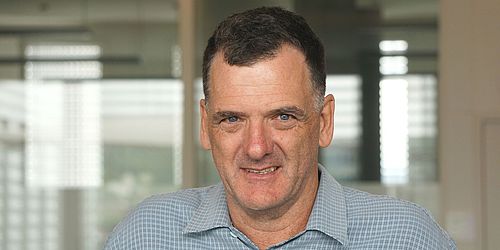48407 Experimental Development Economics
Economic development is a process of trial and error, innovation and experimentation, success and failure. Given the right institutions, some not unfavorable resource endowments, and a bit of luck, incomes can grow, health can improve, and human
development can flourish; other times, things don’t turn out so well.
While the last 150 years have seen broad improvements in well -being around the world, and deep reductions in poverty have been achieved in just the last 25 years, there remains huge disparities in living standard between and within countries. There is much work to be done before we can claim to have reached a just, prosperous, and sustainable world.
Given the urgency of development challenges, it is imperative that we learn quickly from our mistakes and build robustly on our successes. The hope is that by understanding what kinds of innovations and policies “work” to improve the lives of the deprived and vulnerable, and how they work, we might be better placed to accelerate the process of development more generally. To that end, this course will provide an overview of empirical methods and analytical techniques for assessing the impact and effectiveness of development innovations at both the product and policy levels.
Lecturer

Prof. William Jack
Professor of Development, Public Finance, and Health Economics
Department of Economics, Georgetown University
Dates
Duration: 19 - 29 August 2019
Place: Faculty of Business and Economics, Peter Merian-Weg 6
Following a short introductory lecture via skype or other web-based interface, the first week of the course will be delivered as an on-line course. The second week will be delivered as in-person lectures.
Monday, 19 August 2019, 10.00 – 10.30, then online course modules 1 and 2
Tuesday, 20 August 2019: online course modules 3, 4, 5
Wednesday, 21 August 2019: online course modules 6 and 7
Thursday, 22 August 2019: online course modules 8 and 9
Monday, 26 August 2019, 9.00-12.15
Tuesday, 27 August 2019, 9.00-12.30
Wednesday, 28 August 2019, 9.00-12.30
Thursday, 29 August 2019, 9.00-12.30
Assessment Details
- Short-answer on-line quizzes in week 1. 15%
- Class participation in week 2: 35%
- Final examination: 50%,
Date of final exam: 2 September 2019, 12.15-13.45, S 15, WWZ, Peter Merian-Weg 6
Recommended Prerequisites
Intermediate Microeconomics (10134)
Introduction to Econometrics (Einführung in die Ökonometrie, 10172)
Course Information
- Syllabus of 2018
- Course directory (to be published)
- Syllabus (to be published)
- Reading Material (to be published)
For further information please contact the <link de studium summer-school internal link in current>Summer School office.
Quick Links
Social Media
